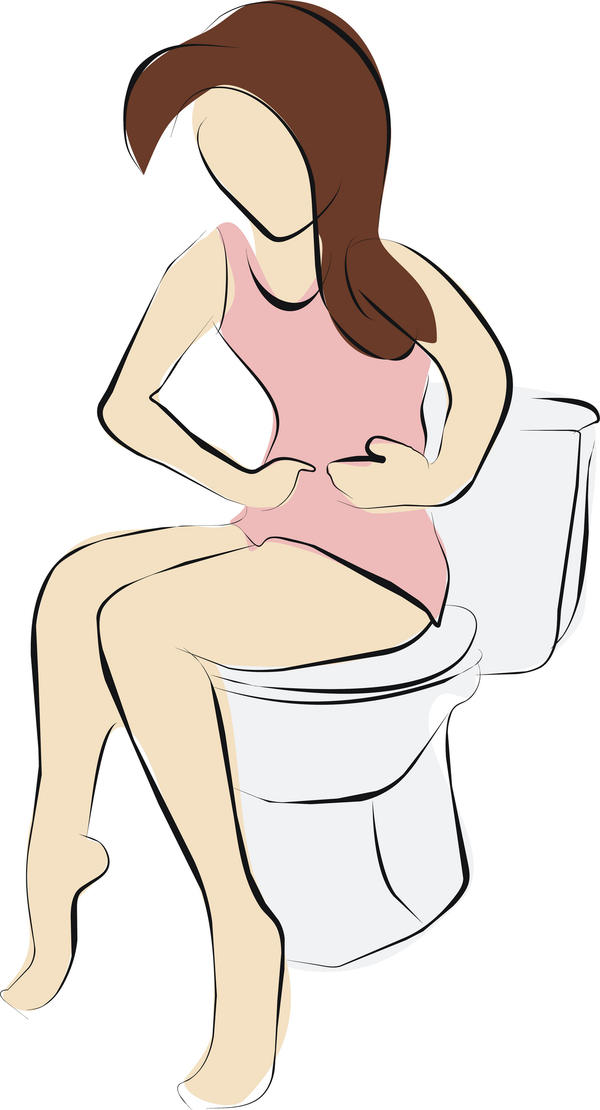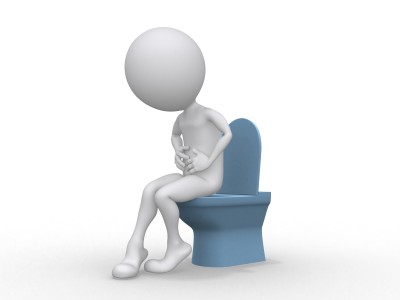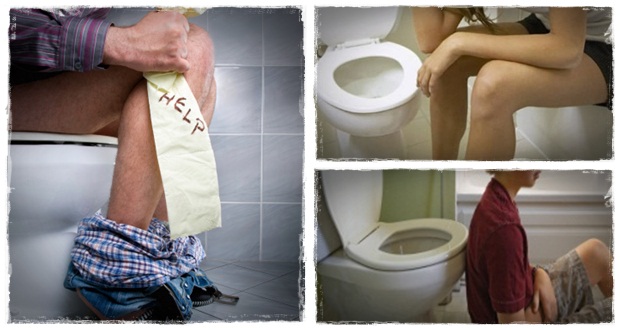


1) ENDOCRINOLOGICAL:
- Diabetes Mellitus.
- Hypopituitarism.
- Hypothyroidism.
- Pseudohypoparathyroidism.
- Hypercalcemia.
- Pheochromacytoma.
- Glucagonoma, Pregnancy.
- Spinal Cord Tumors.
2) NEUROLOGICAL:
- Parkinson’s Disease.
- Brain Tumor.
- Multiple Sclerosis.
- Scleroderma.
- Spinal Cord Injuries.
3) METABOLIC:
- Uremia.
- Hypokalemia.
- Amiloidosis.
- Dehydration.
- Porphyria.
4) PSYCHIATRIC:
- Depression.
- Psychosis.
- Anorexia Nervosa.
- Obsessive Compulsive Disorders.
5) OPERATIONS:
- Pelvic Operations.
- Anal Operations (Anal stenosis due to hemorroidectomy etc.)
- Narrowing due to Anastomosis.
6) ORGANIC DISEASES:
- Organic Obstructive Bowel Diseases.
- Volvulus, Endonmetriosis.
7) DIET:
- Inadequate intake of fiber.
- Inadequate consumption of fluid.
8) CHANGES IN LIFE STYLE:
- Vacation, immobility.
- Events that affect daily life.
9) FUNCTIONAL DISEASES:
- Functional Obstructive Bowel Diseases.
- Congenital Aganglionosis.
- Acquired Aganglionosis (Chagas Disease).
- Pseudoobstruction (Ogilvie Syndrome).
- Megacolon.
- Delay in Colon Transit Time.
- Irritable Bowel Disease.
- Megarectum.
10) PELVIC EXIT OBSTRUCTION:
- Rectal Prolapsus.
- Rectocele.
- Anal Stenosis.
- Rectal Intussception.
- Paradoxical Contraction of Puborectal Muscle.
- Hypertonus of Internal Sphincter.
- Perineal Looseness.
Tips to keep you stay away from constipation:
Eat more fiber: Fiber helps form soft, bulky stool. It is found in many vegetables, fruits, and grains. Be sure to add fiber a little at a time, so your body gets used to it slowly. Limit foods that have little or no fiber such as ice cream, cheese, meat, snacks like chips and pizza, and processed foods such as instant mashed potatoes or already-prepared frozen dinners. The chart below lists some high-fiber foods.
High-Fiber Foods:
1) Fruit:
- Apples.
- Peaches.
- Raspberries.
- Tangerines.
2) Vegetables:
- Acorn squash.
- raw Broccoli.
- raw Brussels sprouts.
- raw Cabbage.
- raw Carrots.
- raw Cauliflower.
- raw Spinach.
- cooked Zucchini.
- raw.
3) Breads, Cereals, and Beans:
- Black-eyed peas.
- cooked Kidney beans.
- cooked Lima beans.
- cooked Whole-grain cereal.
- cold (All-Bran, Total, Bran Flakes).
- Whole-grain cereal.
- hot (oatmeal, Wheatena).
- Whole-wheat.
- 7-grain bread.
Get enough exercise:
Regular exercise helps your digestive system stay active and healthy.You don’t need to become a great athlete. A 20- to 30-minute walk every day may help. Allow yourself enough time to have a bowel movement.
Sometimes we feel so hurried that we don’t pay attention to our body’s needs. Make sure you don’t ignore the urge to have a bowel movement.
Drink plenty of water and other liquids such as fruit and vegetable juices and clear soups:-
Liquid helps keep the stool soft and easy to pass, so it’s important to drink enough fluids. Try not to drink liquids that contain caffeine or alcohol. Caffeine and alcohol tend to dry out your digestive system.Use laxatives only if a doctor says you should.
Laxatives are medicines that will make you pass a stool. Most people who are mildly constipated do not need laxatives. However, if you are doing all the right things and you are still constipated, your doctor may recommend laxatives for a limited time.Your doctor will tell you if you need a laxative and what type is best for you.Laxatives come in many forms: liquid, chewing gum, pills, and powder that you mix with water, for example.
Check with your doctor about any medicines you take:
Some medicines can causes constipation They include calcium pills, pain pills with codeine in them, some antacids, iron pills, diuretics and medicines for depression. If you take a medicine for another problem, be sure ask your doctor whether it could cause constipation.
Points to Remember:
1) Constipation affects almost everyone at one time or another.
2) Many people think they’re constipated when really they aren’t.
3) In most cases, following these simple tips will help prevent constipation:
- Eat a variety of foods, especially beans, bran, whole grains, and fresh fruits and vegetables.
- Drink plenty of liquids.
- Exercise regularly.
- Don’t ignore the urge to have a bowel movement.
- Understand that normal bowel habits are different for everyone.
- If your bowel habits change, check with your doctor.
4) Most people with mild constipation do not need laxatives. However, doctors may recommend laxatives for a limited time for people with chronic constipation.
5) Medicines that you take for another problem might cause constipation.

